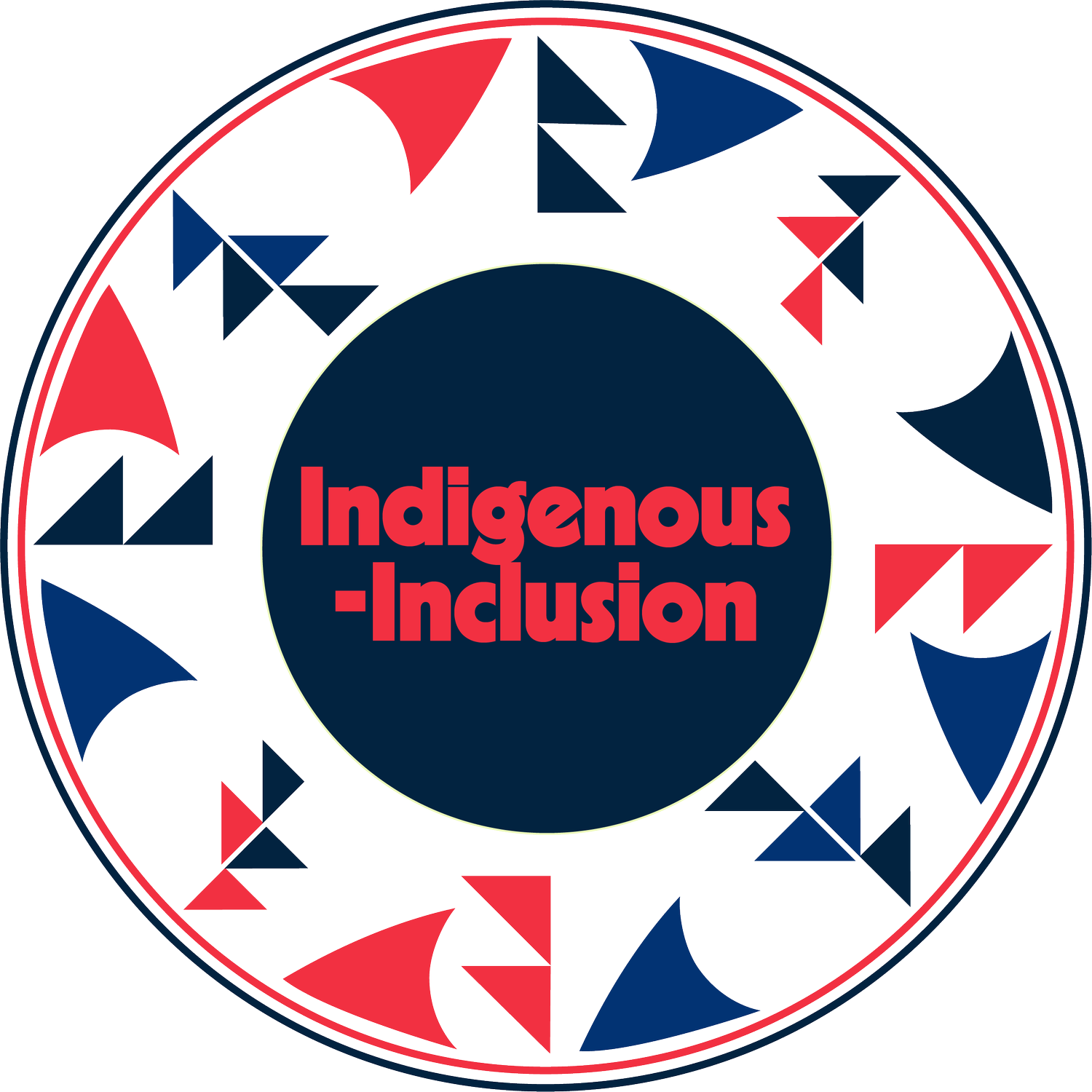
resources for your journey
links from the workbook
-

Imagining a Better Future: An Introduction to Teaching and Learning about Settler Colonialism in Canada
Like so many others, both Sarah and Andrea have been appalled, angered, and outraged by the Stanley decision, as well as the way in which so many people are in denial about anti-Indigenous racism in this country. While we are heartened to see all of the great discussions online, we are alarmed to see that many individuals do not know or understand how settler colonialism has shaped the history and present of this place we now call Canada. As settlers, scholars, and historians, we believe that it is our responsibility to help rectify this situation.
-

Indigenization, Decolonization, and Reconciliation
It all begins with an idea. Maybe you want to launch a buIf we want to contribute to systemic change, we need to understand the concepts Indigenization, decolonization, and reconciliation. These terms are sometimes used interchangeably, but according to Indigenous scholars and activists (see Alfred, 2009; Alfred & Corntassel, 2005; Pete, 2015), they are separate but interrelated processes.siness. Maybe you want to turn a hobby into something more. Or maybe you have a creative project to share with the world. Whatever it is, the way you tell your story online can make all the difference.
-
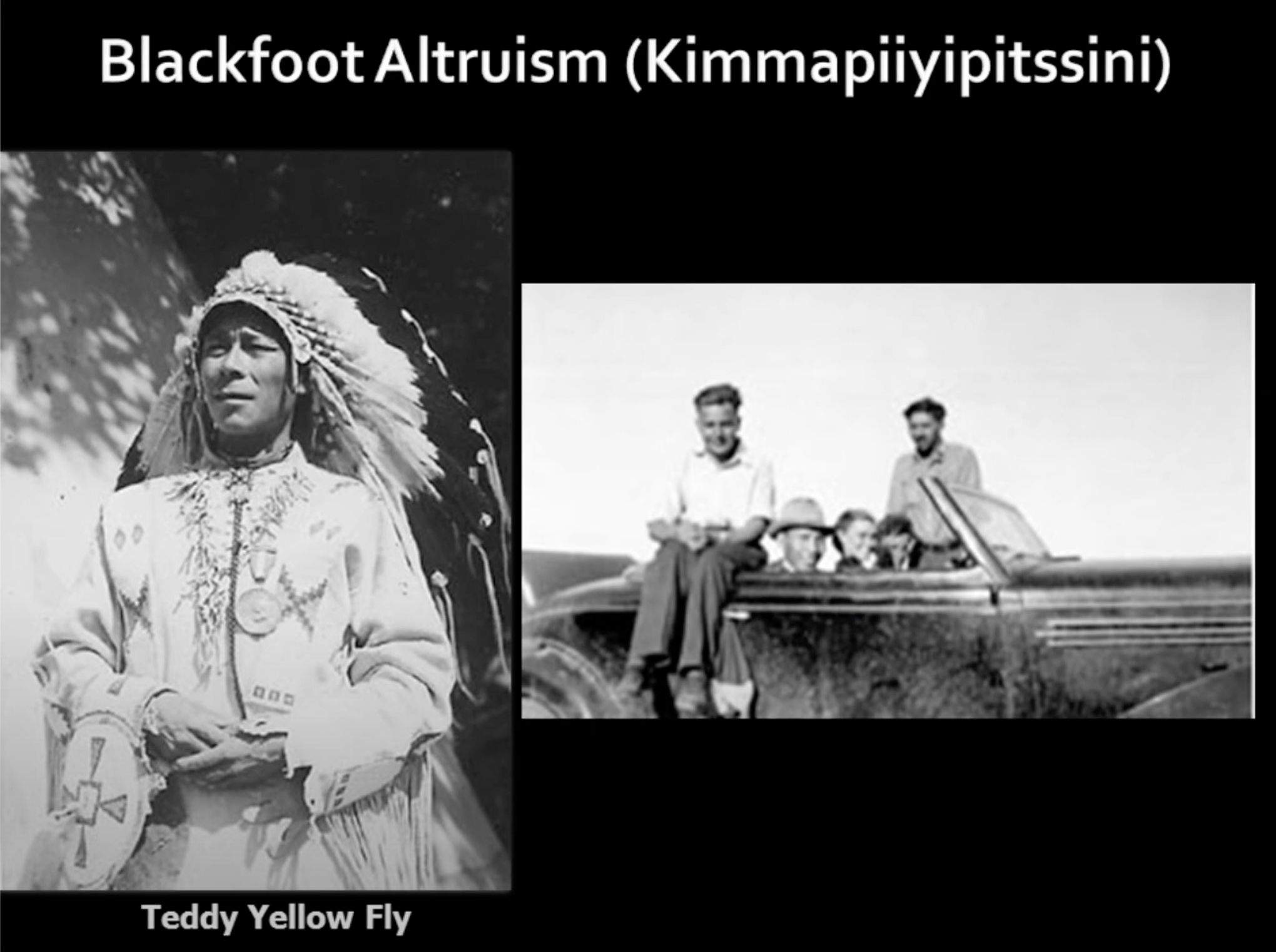
Naamitapiikoan Blackfoot Influences on Abraham Maslow
Ryan Heavy Head’s presentation offers a story about what led Maslow to embark on his journey to Siksika in 1938 to test his hypothesis that all primates (including humans) formed social hierarchies that were based on relationships of dominance and submission; what happened while he was there, and how it affected both his work and the society from which he belonged. It is a story about Blackfoot influences, research relationships, and some of the fundamental differences between Indigenous and colonizing cultures.
2:47:44 Video Lecture
-
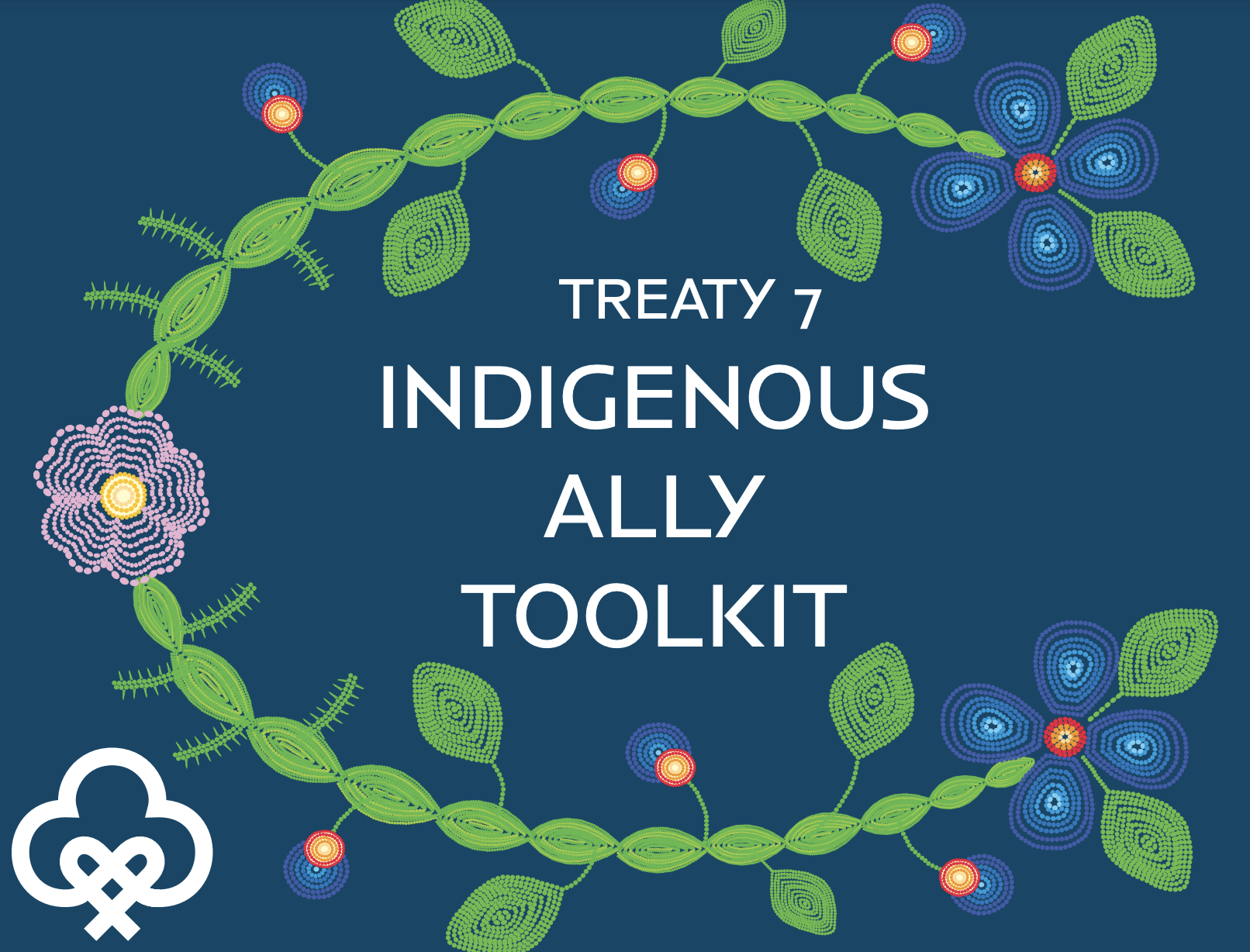
Indigenous Ally Toolkit
What is an ally?
When it comes to creating a positive and sustainable impact on the lives of Indigenous people, it is important to understand the role that individuals play within the collective experience. An ally recognizes that every person has a basic right to human dignity, respect, and equal access to resources.
While we may not have had a direct hand in designing the injustices facing Indigenous people, we do have a responsibility to make it right.
-
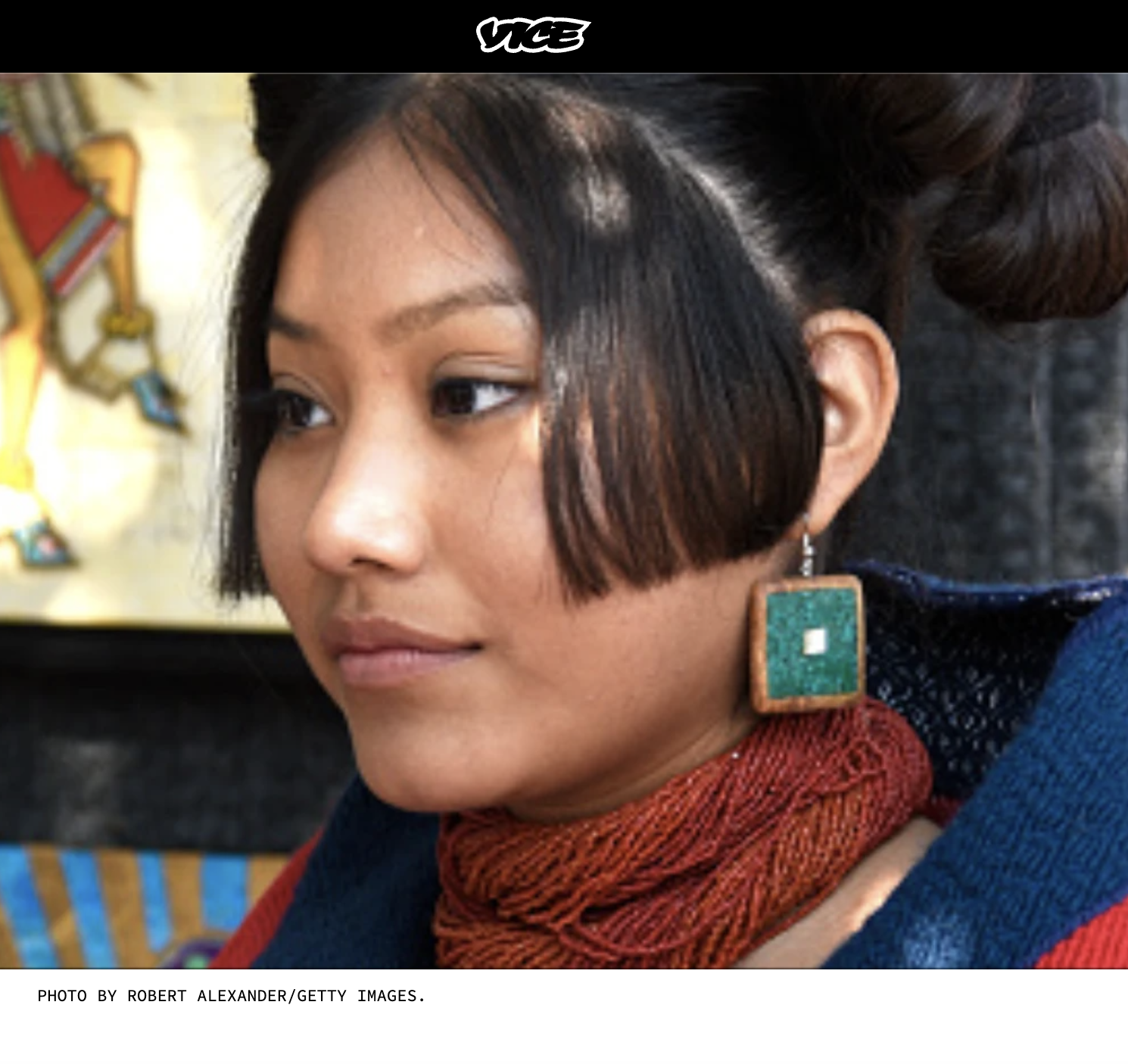
100 Ways to Support—Not Appropriate From—Native People
Don't even think about calling anyone/anything your spirit animal. Natives have been so cancelled out of the American conversation that people don’t even know where to begin to include us. “What do we call you? … American Indian? Native American? Do you guys still live in tipis?” These questions are still asked today—and they will continue to be asked unless we put together some kind of list, a collection of do’s and don’ts, and share it widely… Wait. Hang on a tick. What do we have here?
-
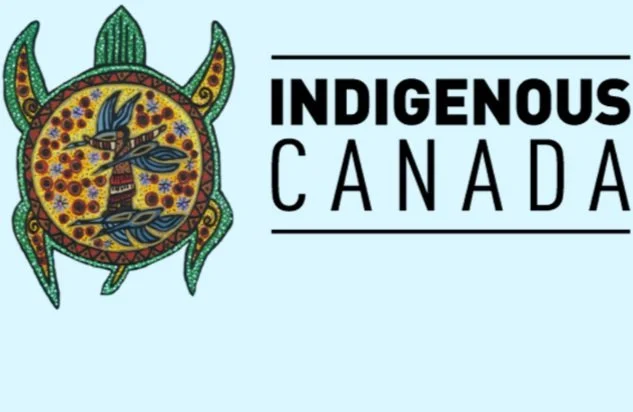
Indigenous Canada
Indigenous Canada is a 12-lesson Massive Open Online Course (MOOC) from the Faculty of Native Studies that explores the different histories and contemporary perspectives of Indigenous peoples living in Canada. From an Indigenous perspective, this course explores complex experiences Indigenous peoples face today from a historical and critical perspective highlighting national and local Indigenous-settler relations. Topics for the 12 lessons include the fur trade and other exchange relationships, land claims and environmental impacts, legal systems and rights, political conflicts and alliances, Indigenous political activism, and contemporary Indigenous life, art and its expressions.
